Sales Training

People are multi-faceted
Your approach to Sales Training should be too.
Sales are the lifeblood of every organisation, without which it cannot survive. Companies that seek a competitive edge must continuously be improving the skills of their sales force. How competent its salespeople are at initiating and retaining customer relationships is a decisive factor in the success of the enterprise as a whole.
There are all types of sales situations, ranging from simple over-the-counter retail transactions to large team presentations of complex solutions. The sale can be anything from a product or service, to the presentation of an idea. In reality, although people may not like to admit to it, everyone is a salesperson. Everyone is selling something everyday, and would therefore benefit from using assessments to improve their ability to relate to different types of customers.
Assessments can be used in many different ways to help improve communication, trust and rapport between people.
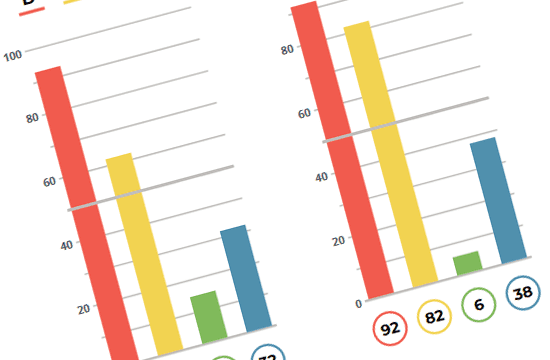
DISC Profile in Sales Training
This assessment measures 4 core behavioural tendencies.
People tend to trust people who are similar to them. The most effective way to gain the commitment and cooperation of others is to “get into their world” and “blend” with their behavioural style. DISC helps a sales force by helping them understand their natural approach to the sales process, and how to adapt their approach to different prospects.
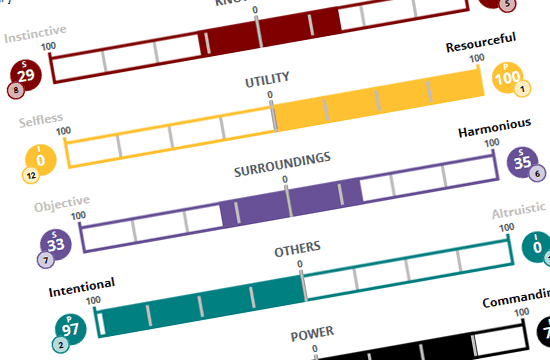
Driving Forces Profile in Sales Training
This assessment measures 12 personal drivers or motivators.
Underlying every sale is a motivating reason to buy. If we understand what the customer values (what they care about), we will be better positioned to understand their motivations to buy. Once we are able to understand their motivations, we will be better able to meet their expectations, create pleasant experiences, build trust, and win their business.
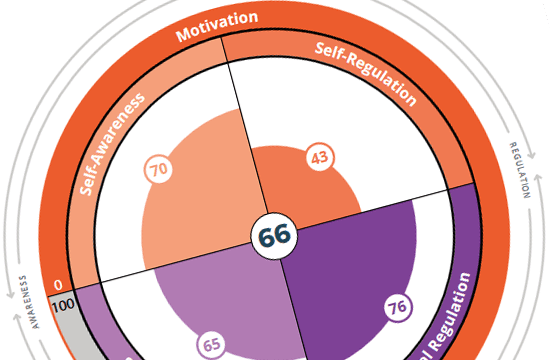
TTI Emotional Quotient in Sales Training
This assessment measures 5 core dimensions of EI.
EQ is at the very heart of the sales process. People are said to buy on the basis of emotional reasons, which they justify with logic. Behind every purchase is an emotional need (for example, more confidence, less stress, more happiness). EQ helps a sales force by helping them understand how to tap into the power of emotion in order to meet the customer’s wants and needs.
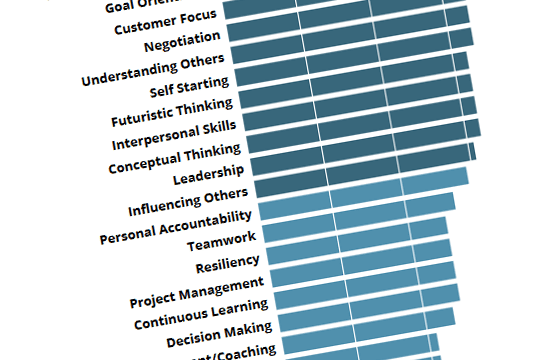
DNA Profile in Sales Training
This assessment measures 25 competencies or soft skills.
Sales effectiveness relies on a combination of many interrelated skills. Some of these skills are interpersonal, which include things like Persuasion, Presenting, and Negotiation, while others are more introspective such as Self-Management and Goal Orientation. Identifying the level of mastery of these sorts of competencies allows sales people and their managers to target their professional development.
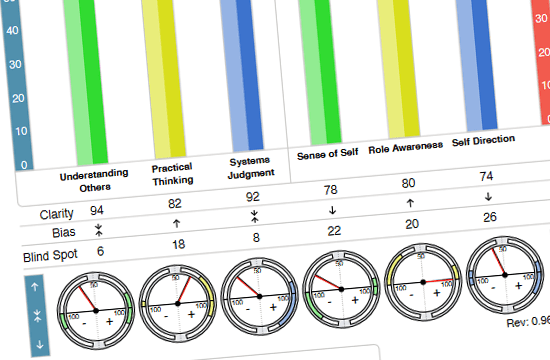
Acumen Capacity Index in Sales Training
This assessment measures 3 core dimensions of thought.
Everyone's brain has a unique thought process or model through which we filter and assess our views of the world. These patterns of thought determine our acumen: our ability to make good judgments (related to, but different from, business acumen). Understanding our acumen allows us to understand our natural talents and overall potential.
Your Difference: Multi-Science Profiles
One of the advantages of the TTI suite of tools is that we offer you “multi-science” reports, which provide integrated feedback. With this multi-dimensional view, leaders and managers are able to understand themselves and others at a much deeper level than just using a single assessment. The additional advantage to multi-science assessments is they provide you with a layered development plan for leaders. For example, leaders can work through information on their behavioural style, driving forces, and emotional intelligence in one short sitting or they can tackle it one phase at a time over several months. Multi-science reports provide better options for training, more comprehensive information, and more “ah-ha” moments.
